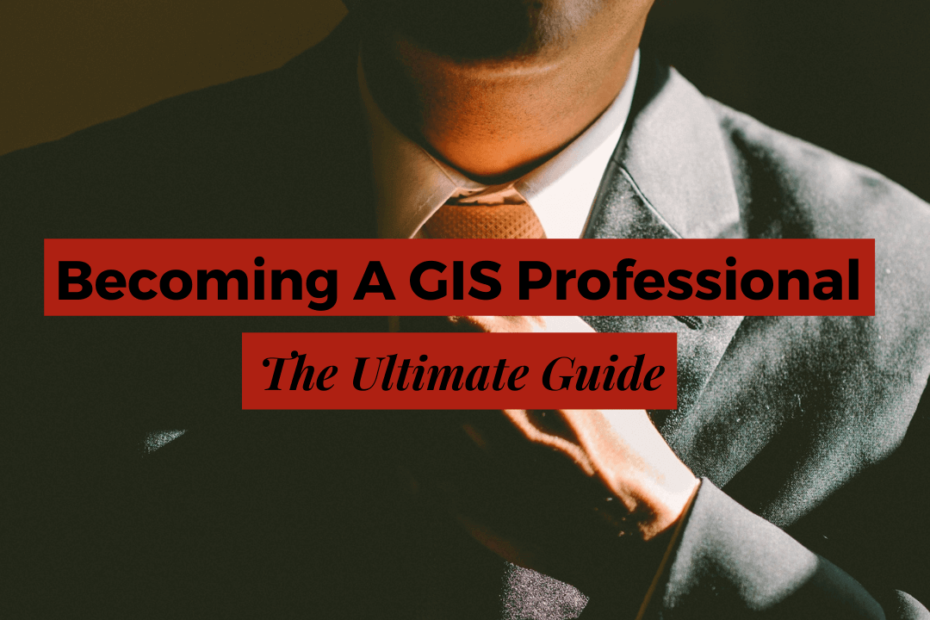Interested in Becoming A GIS Professional?. There is a lot of confusion about what GIS stands for and what a GIS professional is?. So if you’re thinking about becoming a GIS professional This guide will answer all of your questions related to your GIS Career.
What is GIS and What Does A GIS Professional Do?
GIS stands for Geographic Information System. It is used to visualize the world in new ways, by integrating many different kinds of datasets and displaying them on maps.
GIS combines geospatial data with other information, such as demographic or population density, climate, elevation, transportation infrastructure and political boundaries.
What Does a GIS Professional Do?
Some of the tasks of a GIS professional include creating maps, gathering data, and analyzing spatial data.
GIS professionals are in high demand in many different industries. The skills that they have make them great candidates for a variety of positions, including planning, engineering, environmental work, emergency response management, and more.
GIS is a super cool field to get into, but getting started can be a bit intimidating and expensive!.
The journey to becoming a GIS professional is well worth the investment. This is a field that is growing every year and will continue to grow. This is also a field that offers all kinds of new opportunities and experiences that you can only get through learning the basics and working in the field.
Why GIS Professional Development is Important to Your Career
A GIS professional development is a necessary step for any GIS professional looking to grow their career.
GIS professionals are in high demand in today’s economy. As a result, it is important to invest time and effort into continuing education to stay competitive.
GIS professionals require continuous professional development as technology changes and new innovations are introduced every day.
Some of the benefits that come with investing in your GIS professional development include:
- Being up-to-date about the latest trends in your industry,
- Having an edge over other candidates for jobs, and
- Being able to provide more value to clients by providing them with cutting-edge content.
GIS Can Offer Many Job Opportunities There are many career options for someone who is looking to get into GIS. Many GIS professionals go to school for a Masters Degree. Masters degree programs usually take 2 years, and can cost up to $30,000 dollars.
How To Increase Value As A GIS Professional
GIS requires skills and there are many aspects that GIS professionals have to have. First and foremost, the basic skills that anyone should learn are: –
- Calculating GIS data and formats (Software Specific Knowledge).
- Working with spatial relationships (Spatial Analysis).
- Attributing spatial relationships (Density).
- Mapping concepts, skills, and modeling (Analytical and Critical Thinking).
- GIS code writing & GIS application programming.
- Project planning, management, and data management.
Resources for Learning GIS Professional Development
GIS has become an important tool for professionals in many fields. It helps them collect, analyze, and visualize data. This section is a great place to find resources on GIS professional development- from books to conferences that are happening all over the world.
There are a number of resources available to GIS professionals. Here is a list of some of the most popular ones:
- Books and eBooks
- Webinars and online courses
- Seminars and conferences
- Blogs and social media
- Training courses at universities
- GIS Meetups in your area
GIS Certifications
GIS specialists, GIS software development professionals, and GIS information architects can all expect to find careers that require them to hold a GIS certification.
With the changing world of technology and the ability to easily access large data sets from various sources such as georeferenced and cloud computing, GIS professionals have become more and more important.
There are currently several different GIS certification courses being offered in the market today.
